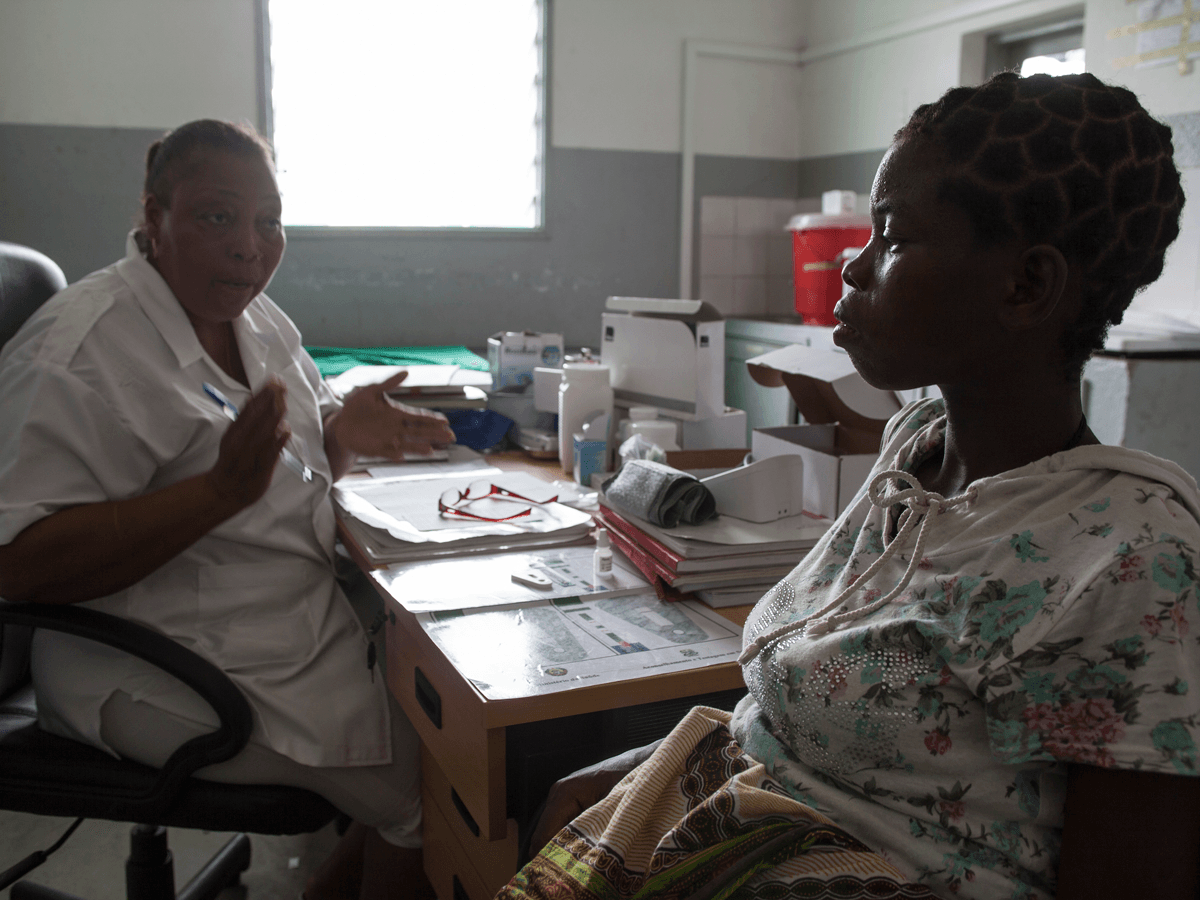Onono, M., Nanda, K., Heller, K. B., Taylor, D., Yacobson, I., Heffron, R., Kasaro, M. P., Louw, C. E., Nhlabasti, Z., Palanee-Phillips, T., Smit, J., Wakhungu, I., Gichangi, P. B., Mugo, N. R., Morrison, C., Baeten, J. M., & Evidence for Contraceptive Options and HIV Outcomes (ECHO) Trial Consortium (2020).
Contraception: X, 2, 100026. https://doi.org/10.1016/j.conx.2020.100026
Abstract
Objective: The objective was to address bias in contraception efficacy studies through a randomized study trial of intramuscular depot medroxyprogesterone acetate (DMPA-IM), a copper intrauterine device (IUDs) and a levonorgestrel (LNG) implant.
Study design: We analyzed data from the Evidence for Contraceptive Options and HIV Outcomes Trial, which assessed HIV incidence among 7829 women from 12 sites in eSwatini, Kenya, South Africa and Zambia seeking effective contraception and who consented to be randomized to DMPA-IM, copper IUD or LNG implant. We used Cox proportional hazards regression adjusted for condom use to compare pregnancy incidence during both perfect and typical (i.e., allowing temporary interruptions) use.
Results: A total of 7710 women contributed to this analysis. Seventy pregnancies occurred during perfect and 85 during typical use. There was no statistically significant difference in perfect use pregnancy incidence among the methods: 0.61 per 100 woman-years for DMPA-IM [95% confidence interval (CI) 0.36-0.96], 1.06 for copper IUD (95% CI 0.72-1.50) and 0.63 for LNG implants (95% CI 0.39-0.96). Typical use pregnancy rates were also largely similar: 0.87 per 100 woman-years for DMPA-IM (95% CI 0.58-1.25), 1.11 for copper IUD (95% CI 0.77-1.54) and 0.63 for LNG implants (95% CI 0.39-0.96).
Conclusions: In this randomized trial of highly effective contraceptive methods among African women, both perfect and typical use resulted in low pregnancy rates. Our findings provide strong justification for improving access to a broader range of longer-acting contraceptive options including LNG implants and copper IUD for African women.
Implications statement: Data from this study support recommendations to providers, policy makers and patients that all of these methods provide safe and highly effective contraception for African women.









